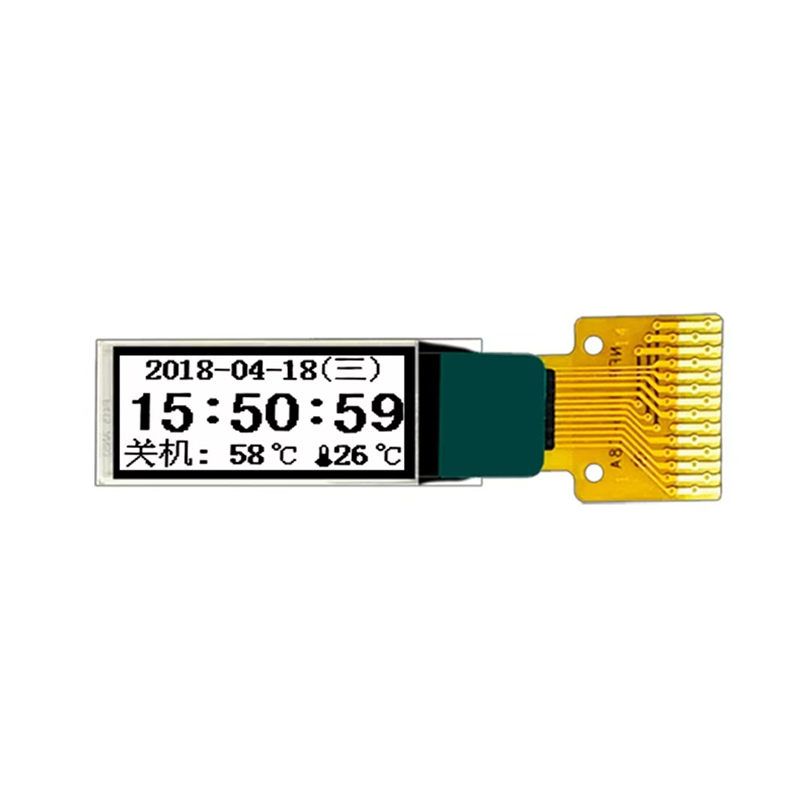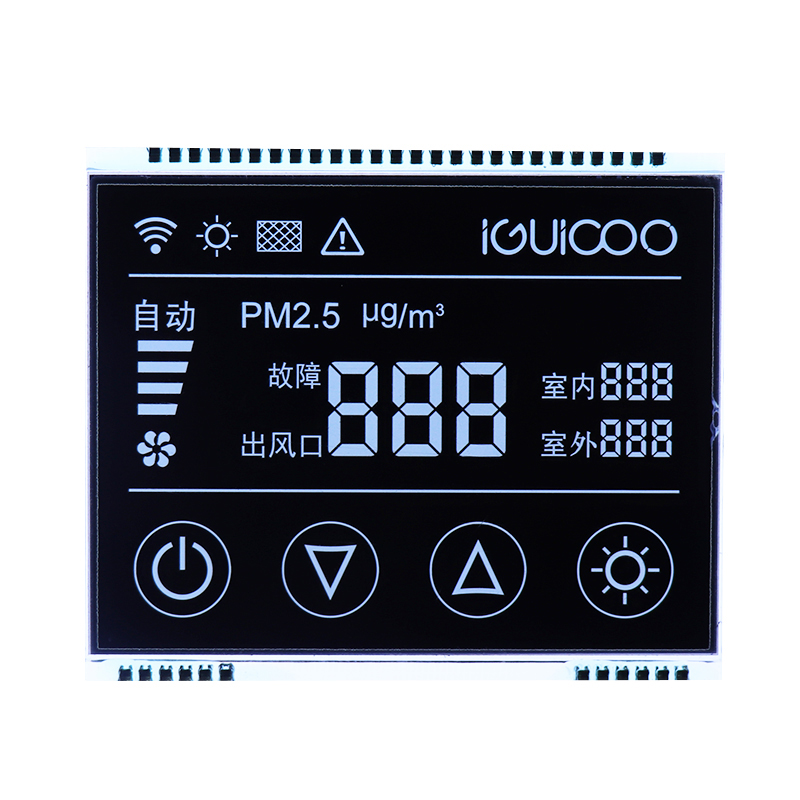
This guide provides a detailed overview of industrial TFT displays, covering key specifications, selection criteria, and application considerations. We'll explore different types, sizes, and features to help you find the perfect display for your industrial needs. Learn about resolution, brightness, operating temperature, and other crucial factors in selecting a reliable and robust industrial TFT display for your project.
The resolution of an industrial TFT display is measured in pixels (e.g., 1024 x 768, 1920 x 1080). Higher resolution provides sharper images and more detail, crucial for applications requiring precise visualization. Screen size is equally important, ranging from small displays used in handheld devices to large panels for control rooms. The right size depends heavily on the viewing distance and the amount of information to be displayed. Consider factors like readability from a distance and the overall physical space available.
Brightness, measured in cd/m2 (candelas per square meter), determines the display's visibility in different ambient lighting conditions. High brightness is essential for applications in direct sunlight or brightly lit environments. Contrast ratio refers to the difference between the brightest white and the darkest black, impacting image clarity and detail. A higher contrast ratio generally results in a better viewing experience. For outdoor applications or those with high ambient light, a higher brightness is crucial. For indoor applications with controlled lighting, this is less critical.
Industrial environments often involve extreme temperatures. The operating temperature range of an industrial TFT display is a critical specification. Displays designed for industrial use usually have a wider operating temperature range compared to consumer-grade displays, ensuring reliable performance even in harsh conditions. Check the manufacturer's specifications to ensure the display can withstand the temperature fluctuations in your intended application. This is particularly vital for outdoor deployments or applications in manufacturing facilities.
Various interfaces are used to connect industrial TFT displays to the control systems. Common interfaces include VGA, DVI, HDMI, and DisplayPort. The choice of interface depends on the capabilities of your control system and the required data transfer rates. Consider future expandability and the availability of adapters when choosing an interface.
Selecting the appropriate industrial TFT display requires careful consideration of several factors. Besides the technical specifications discussed above, you should also assess your specific application needs and environmental conditions. Think about factors like required lifespan, maintenance requirements, and integration capabilities within your existing systems.
Several types of industrial TFT displays are available, each suited for specific applications. These include resistive touchscreens, capacitive touchscreens, and projected capacitive touchscreens, each offering different levels of durability and sensitivity. Understanding the strengths and weaknesses of each is crucial for making an informed decision.
Industrial TFT displays find extensive use across various sectors. Examples include:
Partnering with a reputable supplier is essential for sourcing high-quality industrial TFT displays. Consider factors such as the supplier's experience, warranty offerings, and customer support services. Dalian Eastern Display Co., Ltd. (https://www.ed-lcd.com/) offers a wide range of industrial TFT displays and provides comprehensive support to ensure the long-term success of your projects. They are known for their robust and reliable products, making them a strong contender for your industrial display needs.
Selecting the optimal industrial TFT display requires a thorough understanding of its specifications and your application requirements. This guide provides a starting point for your decision-making process, guiding you through the key factors to consider to ensure you choose the best display for your industrial needs.












